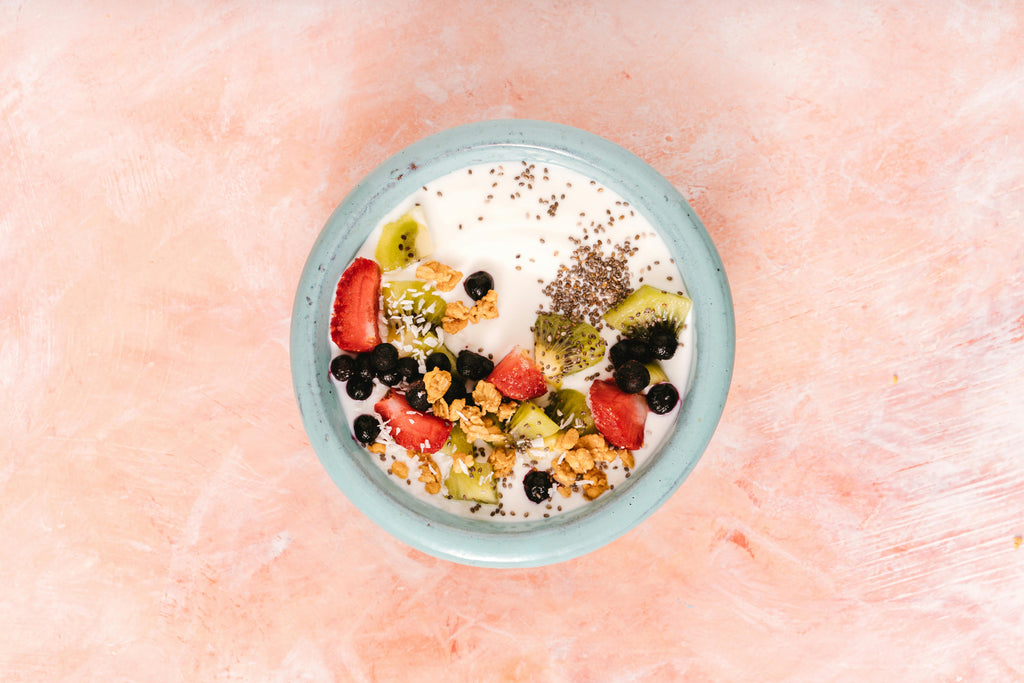
Are Probiotics Worth It? The Truth About Gut Health Supplements
In recent years, probiotics have become a buzzword in the health and wellness industry, with countless supplements promising better digestion, enhanced immunity, and even improved mental well-being. But are probiotics really worth the hype, or is it just another wellness trend? Let’s dive into the science and truth behind gut health supplements.
What Are Probiotics?
Probiotics are live microorganisms, primarily beneficial bacteria, that help maintain a healthy balance in your gut. Your digestive system is home to trillions of bacteria, both good and bad. When this balance is disrupted—due to stress, poor diet, antibiotics, or illness—probiotics can help restore harmony.
These friendly bacteria are commonly found in fermented foods like yoghurt, kefir, sauerkraut, and kimchi. However, many people opt for probiotic supplements to ensure they’re getting an adequate dose of beneficial bacteria daily.
The Benefits of Probiotics
- Improved Digestion
One of the main reasons people turn to probiotics is for better digestion. They aid in breaking down food, absorbing nutrients, and preventing digestive discomfort. Strains like Lactobacillus and Bifidobacterium are known to help with bloating, constipation, and diarrhoea.
- Stronger Immune System
A significant portion of your immune system resides in your gut. Probiotics help stimulate the production of antibodies and enhance the function of immune cells. Regular intake of probiotics has been linked to a lower risk of infections, including the common cold and flu.
- Better Mental Health
The gut-brain connection is a hot topic in medical research. Studies suggest that gut bacteria play a role in mood regulation, and probiotics may help reduce symptoms of anxiety and depression. The strain Lactobacillus rhamnosus has been particularly studied for its potential mental health benefits.

- Support for Antibiotic Use
Antibiotics kill harmful bacteria but can also wipe out beneficial gut flora, leading to side effects like diarrhoea and yeast infections. Taking probiotics during and after antibiotic treatment can help replenish good bacteria and prevent digestive disturbances.
- Healthy Skin
Surprisingly, probiotics may also contribute to clearer skin. Research suggests they can help reduce acne, eczema, and rosacea by controlling inflammation and supporting gut health.
Are All Probiotics the Same?
Not all probiotic supplements are created equal. Different strains offer different benefits, so it’s essential to choose the right one for your needs. Here are some key factors to consider:
- Strain Specificity – Look for supplements that list the specific strains, such as Lactobacillus acidophilus or Bifidobacterium bifidum.
- Colony-Forming Units (CFUs) – A higher CFU count doesn’t always mean better effectiveness. A dose of 1–10 billion CFUs is generally considered beneficial.
- Survivability – Some probiotics don’t survive stomach acid. Look for supplements with enteric coating or delayed-release capsules to ensure they reach your gut.
- Prebiotics – Some supplements include prebiotics, which act as food for probiotics and help them thrive in your gut.
Are There Any Risks?
For most people, probiotics are safe and well-tolerated. However, some may experience mild bloating, gas, or digestive discomfort when first starting them. Those with compromised immune systems or serious illnesses should consult a healthcare professional before taking probiotics, as they could cause infections in rare cases.
Do You Need Probiotics?
While probiotics offer many benefits, they may not be necessary for everyone. If you have a balanced diet rich in fibre and fermented foods, your gut bacteria may already be thriving. However, if you experience frequent digestive issues, low immunity, or have taken antibiotics recently, probiotics could be a valuable addition to your routine.
Conclusion
Probiotics can be a powerful tool for gut health, digestion, and overall well-being. However, they are not a magic cure-all. The key is choosing the right strains, maintaining a healthy diet, and listening to your body’s needs. If you’re considering adding probiotics to your routine, it’s always a good idea to consult with a healthcare professional to find the best option for you.

